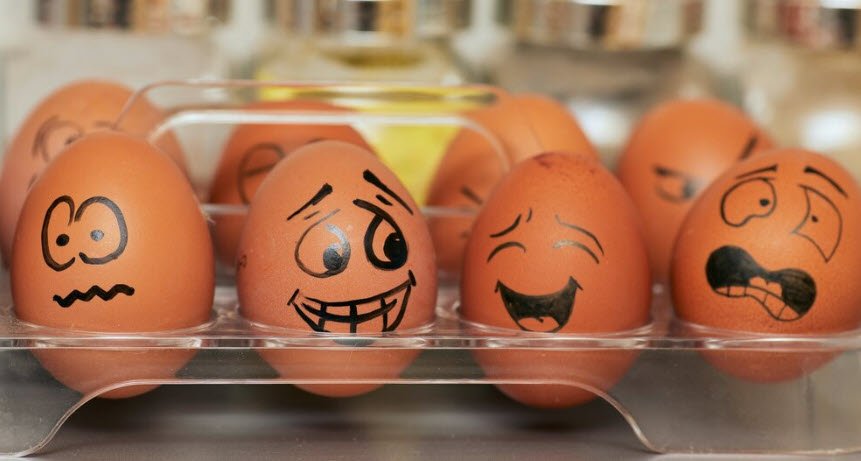The psychological effects of clutter
The field of Psychology is in the midst of research, they are researching the link between how we feel and our surroundings, also known as the psychological effects of clutter. Of course, you and I already know there is a strong link between our external and internal world.
The psychological effects of clutter come out in our stories
It is not uncommon in a Declutter workshop to have people tell very personal stories, to be upset, relieved or inspired. Why would that be? We are just talking about stuff isn’t it? This week let’s look at simple ways to not let emotions get into the way of our decluttering efforts.
Anxiety is one of the psychological effects of clutter
When I started to declutter, I felt very anxious and upset that first time I dropped off clutter. Often my courses start with this same sentiment, students saying I might need it in future and yes you may, but more often than not, you don’t. What do you prefer space to breath or a slow sense of suffocation as we cannot move because of the extensive collection of things we might need?
The psychological effects of clutter use habits to increase positive feelings and long-term benefits.
It brings me to one of my favourite topics; we can slowly create a habit. Maybe, we can start with throwing or giving away just one item a day. I suggest you challenge yourself a little each day and letting go of clutter becomes easier. Sentimental things keep them, things you haven’t worn in 6 months, it depends. I don’t like to be very black and white with these things, as we are all so individual. However, if we practise letting go in our own way and we are making it a habit to declutter, we might turn around the cycle and have more things going out of the house than coming in. This is the time we are freed from clutter; we are now giving clutter away without too much discomfort and starting to get space for bigger and better things in our lives.
Psychology clutter and organising are related
I discuss this in the Online Home Organising Course.

